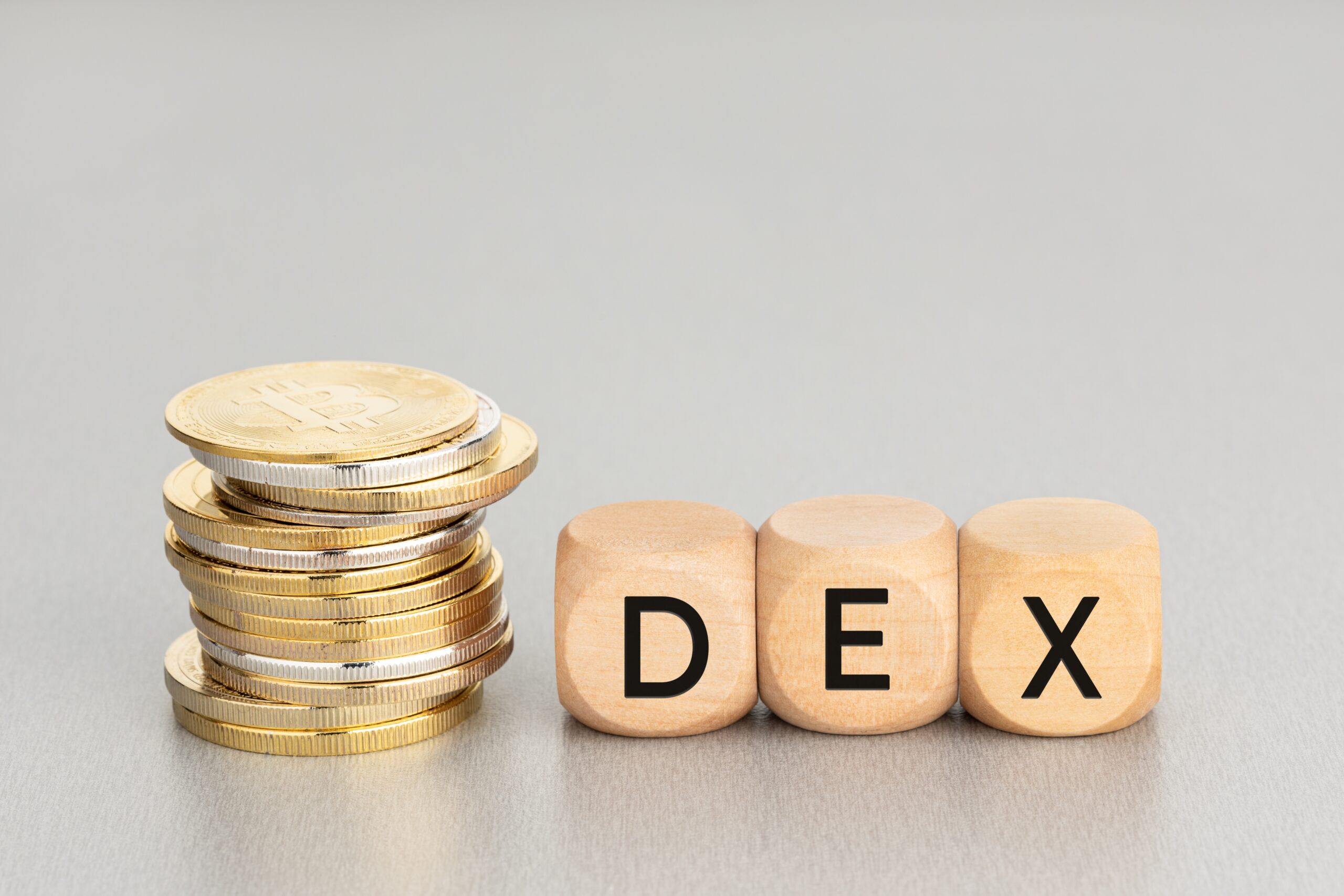Introduction to Decentralized Exchanges (DEXs) and How They Work
Decentralized exchanges, or DEXs, are a new type of cryptocurrency exchange that operates on a decentralized network. Unlike centralized exchanges, DEXs allow users to exchange cryptocurrencies in a peer-to-peer (P2P) manner without the need for intermediaries or centralized authorities. Visit the Big Money Rush platform if you want more information regarding Decentralized Exchanges. In this article, we will provide an introduction to decentralized exchanges, explore how they work, and highlight some of their advantages and disadvantages.
What are Decentralized Exchanges (DEXs)?
A decentralized exchange (DEX) is a cryptocurrency exchange that operates on a decentralized network, usually powered by a blockchain. These exchanges allow users to trade cryptocurrencies in a peer-to-peer manner without the need for a centralized authority or intermediary. In other words, they eliminate the need for a third-party to hold and manage funds or execute trades.
How do Decentralized Exchanges (DEXs) Work?
Decentralized exchanges operate through a decentralized network, which allows users to interact with each other directly, without the need for an intermediary. This network is usually powered by a blockchain, which is a decentralized, distributed ledger that records all transactions on the network. Users can access the decentralized exchange through a web interface or a mobile app, and they can connect their cryptocurrency wallets to the exchange to start trading.
One of the key features of decentralized exchanges is their use of smart contracts. Smart contracts are self-executing contracts with the terms of the agreement between buyer and seller being directly written into lines of code. When both parties agree to the terms of the contract, the smart contract automatically executes the transaction, eliminating the need for a centralized authority or intermediary to oversee the transaction.
Advantages of Decentralized Exchanges (DEXs)
One of the biggest advantages of decentralized exchanges is their decentralized nature. Unlike centralized exchanges, DEXs do not have a central point of control, making them more resilient to hacking attempts, regulatory pressure, and other external threats. This means that DEXs are often more secure and more resistant to censorship than centralized exchanges.
Another advantage of DEXs is their transparency. Because all transactions are recorded on the blockchain, anyone can view the transaction history of a DEX. This makes it easier to audit the exchange and detect any fraudulent activity or market manipulation.
Decentralized exchanges also offer greater privacy to users. Unlike centralized exchanges, which often require users to provide personal information and KYC (know your customer) details, DEXs allow users to trade without revealing their identity or personal information. This can be especially important for users who value their privacy and want to keep their transactions confidential.
Disadvantages of Decentralized Exchanges (DEXs)
One of the biggest disadvantages of decentralized exchanges is their relatively low liquidity. Because DEXs are still a relatively new technology, they often have fewer users and lower trading volumes than centralized exchanges. This can make it more difficult to find buyers and sellers for certain cryptocurrencies, which can lead to higher transaction fees and longer wait times for trades to be executed.
Another disadvantage of DEXs is their complexity. Because DEXs operates on a decentralized network and use smart contracts to execute trades, they can be more difficult to use and understand than centralized exchanges. This can be especially true for users who are new to cryptocurrency trading and are not familiar with smart contract technology.
Finally, decentralized exchanges are not immune to scams and fraud. While the decentralized nature of DEXs can make them more resistant to hacking attempts and other external threats, it can also make it easier for scammers to create fake tokens and manipulate markets. This means that users need to be careful and do their due diligence before trading on a DEX.
Conclusion
Decentralized exchanges (DEXs) are a new type of cryptocurrency exchange that operates on a decentralized network, powered by blockchain technology, which allows for peer-to-peer trading of cryptocurrencies without the need for intermediaries. DEXs operate through smart contracts, which automate the transaction process and eliminate the need for a centralized authority or intermediary. While DEXs offer advantages such as decentralization, transparency, and privacy, they also have drawbacks, including low liquidity, complexity, and vulnerability to scams and fraud.
As the cryptocurrency industry continues to evolve and mature, DEXs are expected to play a larger role in the ecosystem. While they may not completely replace centralized exchanges, they provide an alternative and potentially more secure and private way to trade cryptocurrencies. Users who are interested in using DEXs should research and understand the risks and benefits before making trades, and ensure they are using a reputable and trustworthy platform.

